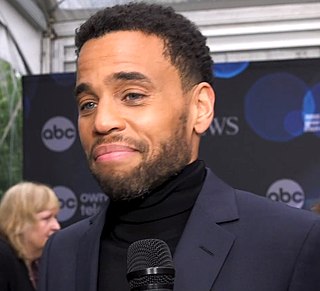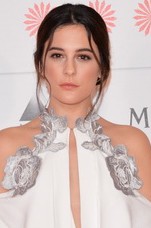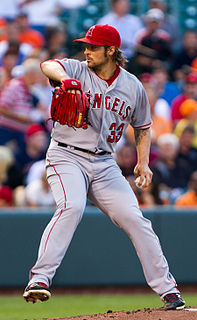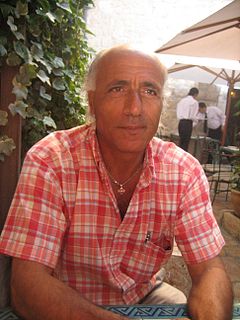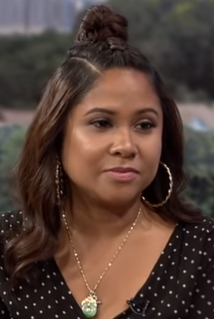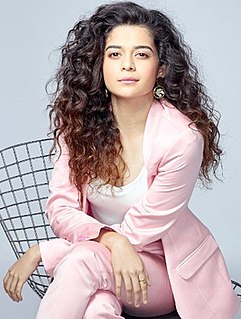A Quote by Henry Rollins
I want my fellow citizens to wise up and stop falling for [war]. I try with my limited access, I'm not getting into Kabul with a camera, they're not letting me get into Benghazi with a camera. I do what I can with my flimsy American passport and a visa. The photos are a bit more heavy from Southern Sudan and Haiti and Cuba.
Related Quotes
Making photos is helpful of course to master the craft. To get comfortable with the camera. Learn what a camera can do and how to use the camera successfully. Doing exercises for example if you try to find out things that the camera can do that the eye cannot do. So that you have a tool that will do what you need to be done. But then once you have mastered the craft the most important thing is to determine why you want to shoot pictures and what you want to shoot pictures of. That's where the thematic issue comes to life.
The camera course was a bit crap. But when I was in drama school, I wasn't interested. I wanted to be a stage actress. I was not interested in learning camera craft. But then you throw yourself in the deep end when you do get a job in front of the camera because you have absolutely no idea what you're doing, and it is a skill.




